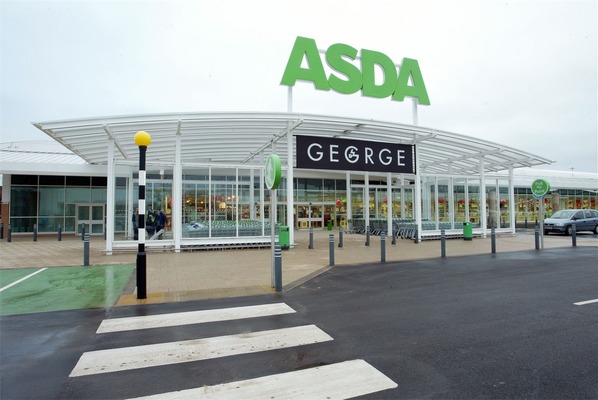Profits at Britain‘s second largest supermarket Asda passed the £1bn mark for the first time last year, despite a decline in sales and slight loss of market share.
Sales during the period fell by 0.4% compared to a solid 2% growth the previous year. This pattern proved to be the precursor to what has been a most challenging year for the big four grocer.
In August the chain reached its “nadir” with a 4.7% slide in revenue: the company‘s worst ever quarterly sales decline.
Despite this, Finance Director Alex Russo cited that Asda‘s balance sheet was the strongest out of its supermarket rivals and that despite the continued slump in sales, profits remained consistent.
Asda also caused concern by failing to disclose its supplier income. This has been a sensitive topic since Tesco‘s accounting scandal, after which the UK accounting watchdog issued a warning that all retailers must provide sufficient information on the subject.
It is not, however, the only supermarket to do so. Despite posting relatively strong sales results, Sainsbury‘s also refused to reveal its supplier income, and was issued with an exploratory letter from the Financial Reporting Council. Sainsbury‘s said that the information was “not significant in the context of the balance sheet.”
In a statement, Asda said: “Due to the commercially sensitive nature of this income, the group has not disclosed the amounts involved. Unbilled amounts of income to which the group is contractually entitled are included in trade and other receivables, however these amounts are not considered to be material.”


















